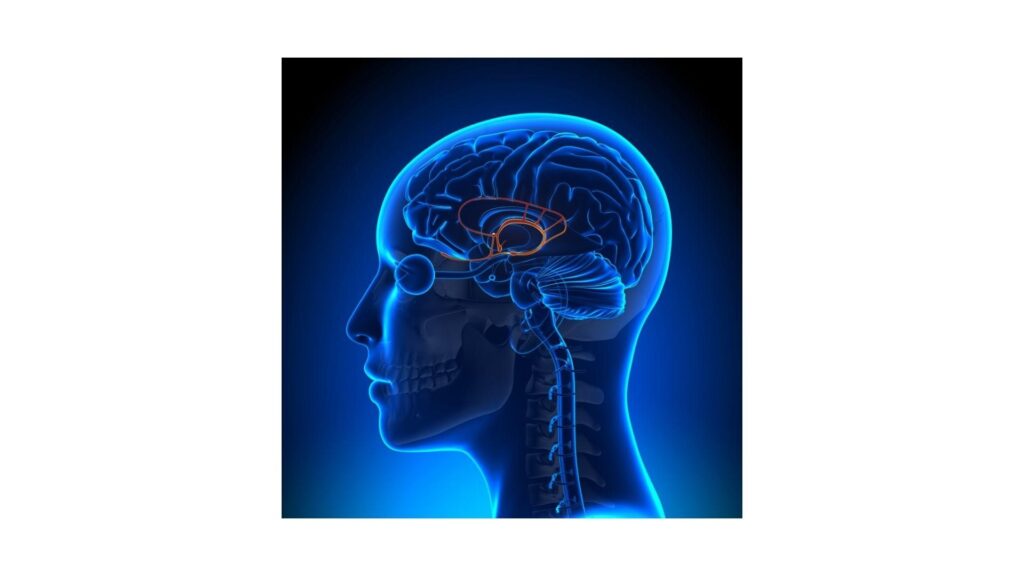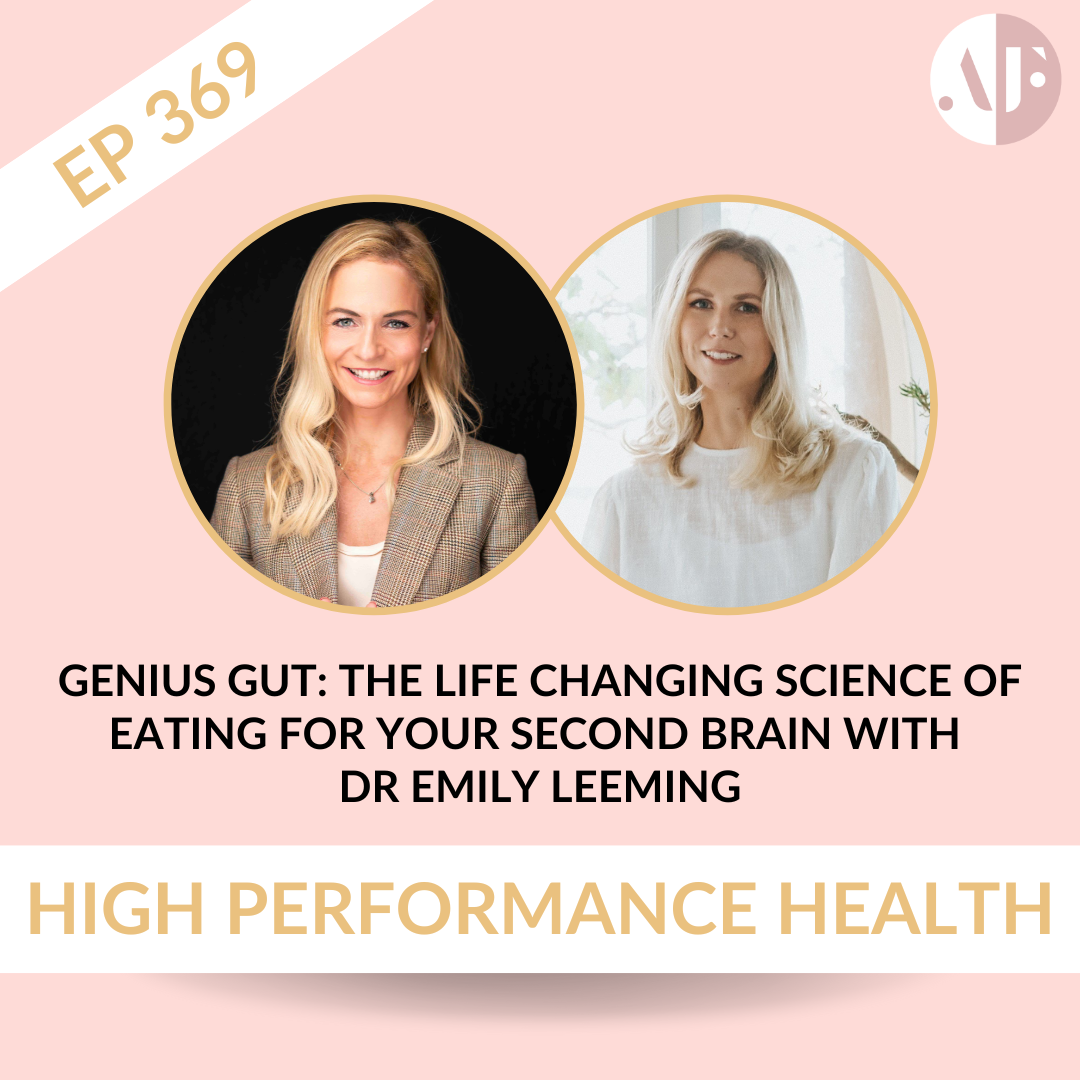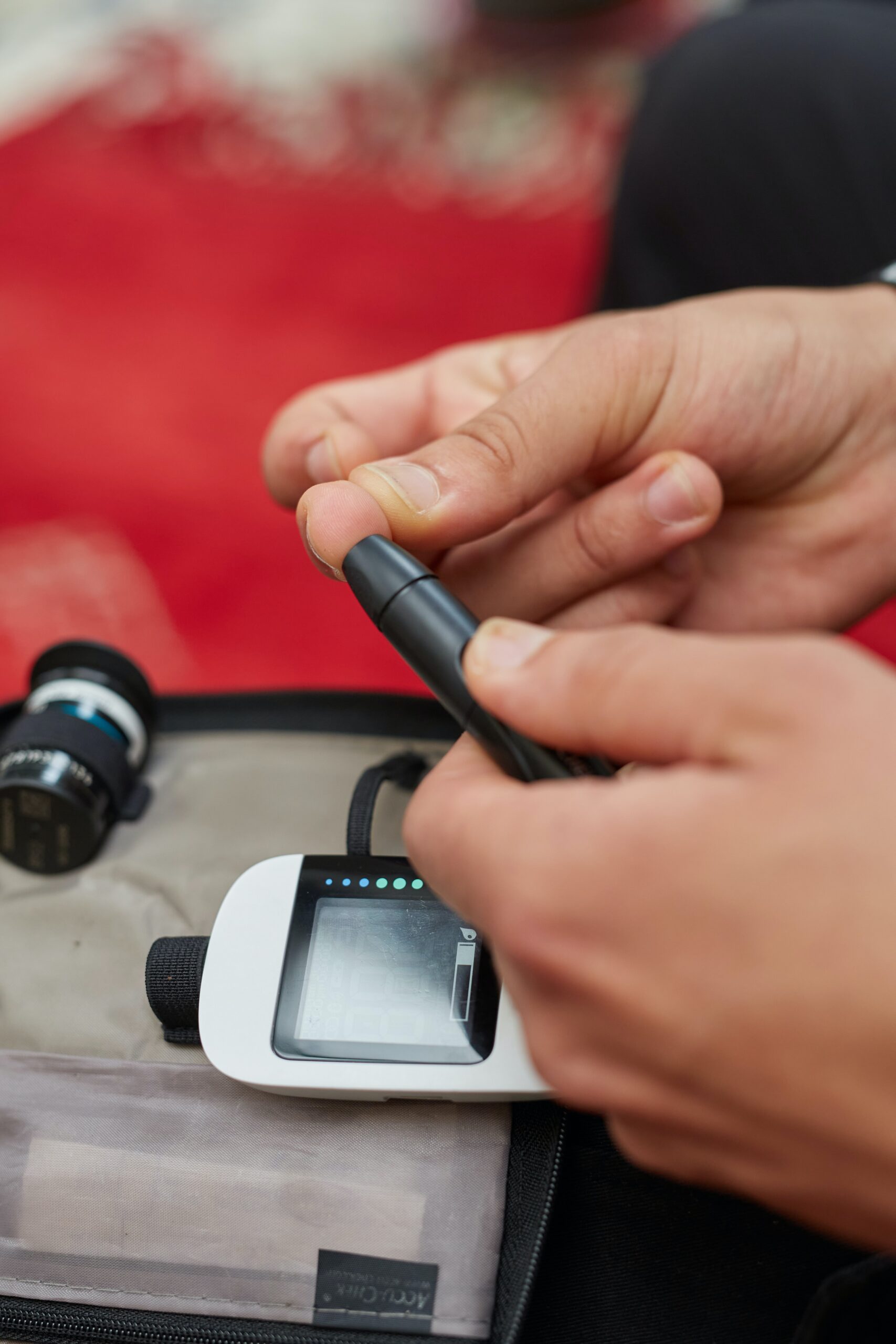How Your Period Offers Insights Into Your Overall Health
Recent Posts
Many women view their menstrual cycle as a monthly curse. However, I want to take this concept and flip it upside down a bit.
Your menstrual cycle isn’t a curse. In fact, it’s actually every woman’s secret super power. By getting to know this monthly cycle, you can learn so much about your hormonal and overall health. In many ways, your period is a gift — and not just because we can give birth to children (which is a magical thing all on its own).
Think of your menstrual cycle as your monthly report card. And when pain or discomforts occur, dive into that and look at what adjustments you can make to support your health.
In this article, I’m going to explore all of this in a little more detail. What exactly can your period tell you? What should you pay attention to?

The Period-Health Connection
Pain and discomforts experienced at “that time of the month” are very common. Arguably though, they aren’t normal.
In a healthy body, you should have pain-free and regular periods. Yet, it’s often hard to find women that can relate to that statement.
So, let’s peel this back a bit. A lot of these issues can be backtracked to the brain and glands of the body, starting here with the hypothalamus.
The hypothalamus is bent on keeping your body in a balanced state. This allows your body to carry out functions easily and seamlessly, so you feel good and can continue surviving as you are.
And the hypothalamus is also always on the lookout to ensure your safety. In fact, the hypothalamus triggers the stress response by connecting the brain to the endocrine, or hormonal, system.
The hypothalamus actually sends messages to the pituitary glands, which then instructs the thyroid, adrenals, and ovaries to make the sex hormones. Basically, if any of these aren’t functioning optimally, issues or symptoms can arise.
Surprisingly, because menstruation does occur in a monthly cycle, period problems can actually be indicative of what happened 100 days ago with your body. This is why time is often of the essence when it comes to making adjustments and seeing how things change. You usually need longer than a month’s time span (typically around three months) to truly know if what you’re doing or eating is helping. And with that, let’s narrow in on what potential changes you could make to improve any menstruation symptoms.

What Changes Should You Make?
I’m a firm believer in cycle syncing, especially if you are a woman who notices fluctuations in your energy levels, focus, mood, and more across your monthly cycle. Basically, this means exercising and eating based on how you feel and your body’s needs.
Other changes you can make to improve your period symptoms and your overall health include:
- Reducing stress in your life. – Stress can actually create imbalances with blood sugar, which, inevitably, impacts your energy levels and more. Stress also blocks certain hormones, and chronically, stress can wreak havoc on the body and hormonal balance. Actively finding ways to de-stress and relax is so important for your hormones and cycle.
- Including more Sirt Foods in your diet. – These support proper metabolic function, as well as longevity. They also tend to be high in antioxidants and various nutrients, supporting your body and its function.
- Using the power of light to your advantage. – Light is highly underestimated. Yet, it has such powerful healing and regulatory properties. Using infrared light can help boost your mood and energy levels, particularly during those down moments in your cycle.
- Reconsidering birth control. – The pill, in particular, can be particularly problematic when it comes to the body’s functioning as a whole. It halts ovulation, which means progesterone isn’t produced, and this can really off-set a lot of things, including estrogen. However, this is really a personal decision and something you want to talk to your doctor about. There are a lot of options, and it’s really important to explore various ones.
- Getting your thyroid checked. – Hypothyroidism, an underactive thyroid, can significantly impair ovulation. Taking thyroid medication or supporting your thyroid through your diet and activity can help counteract this and contribute to regular sex hormone production.
- Minimizing alcohol consumption. – This is really key in perimenopause where estrogen levels tend to be higher due to the changes your body is going through. The liver may already be overburdened, as it processes excess estrogen and other hormones. Thus, adding alcohol to the mix can complicate things further or cause increased symptoms.
- Eliminating estrogenic products. – A lot of skincare, makeup, and processed food products can have estrogenic effects. It’s really important to find more all-natural solutions when it comes to hygiene products, as well as focus on whole food sources over processed or pre-packaged food items.

On an individual basis, this may vary. According to you, your genetics, and your lifestyle, these changes may be different. It’s all about finding what works for you by measuring and testing. It’s also important to track your menstrual cycle, especially if you’re having symptoms, to determine when things do change or what causes certain changes. For instance, during stressful times, you might notice more pain or heavier bleeding. These can be useful to know for you and your doctor.
For more information on optimising your metabolism, health, and longevity, click here to watch my free masterclass. Uncover all the ways you can enhance your productivity, increase your energy, improve your mood, and better your life and performance.
Share Article
Subscribe to receive the latest health tips
Get my latest health, fitness, biohacking, anti-aging tips, and podcast episodes delivered straight to your inbox.
Recent Podcasts

EP 369 – Genius Gut: The Life Changing Science of Eating For Your Second Brain with Dr Emily Leeming
Angela talks to Maddy Dychtwald, who shares insights from her book “Ageless Aging” focusing on women’s health, lowering biological age and longevity. They discuss the importance of hormone replacement therapy for brain health, the impact of an anti-inflammatory diet on metabolic health, and the significance of exercise for maintaining muscle mass and balance.

EP 368 – BITESIZE: Why You MUST Address Adrenal Function FIRST If You Want Your Sex Hormones And Thyroid To Function Properly – with Christa Biegler
Angela talks to Maddy Dychtwald, who shares insights from her book “Ageless Aging” focusing on women’s health, lowering biological age and longevity. They discuss the importance of hormone replacement therapy for brain health, the impact of an anti-inflammatory diet on metabolic health, and the significance of exercise for maintaining muscle mass and balance.

EP 367 – Sex, Hormones and Getting Your Life Back with Karen Martel
Angela talks to Maddy Dychtwald, who shares insights from her book “Ageless Aging” focusing on women’s health, lowering biological age and longevity. They discuss the importance of hormone replacement therapy for brain health, the impact of an anti-inflammatory diet on metabolic health, and the significance of exercise for maintaining muscle mass and balance.

EP 366 – Bitesize Biohack: Peptides, Bioregulators and Lifestyle Hacks for Longevity with Nathalie Niddam
Angela talks to Maddy Dychtwald, who shares insights from her book “Ageless Aging” focusing on women’s health, lowering biological age and longevity. They discuss the importance of hormone replacement therapy for brain health, the impact of an anti-inflammatory diet on metabolic health, and the significance of exercise for maintaining muscle mass and balance.








